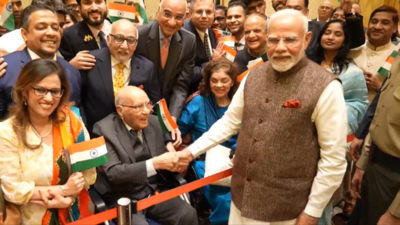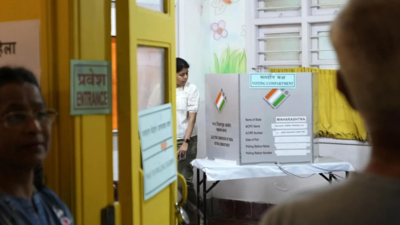A unique mental health programme implemented in the rural areas of Andhra Pradesh and Haryana has led to a significant reduction in depression, anxiety, and self-harm, according to a groundbreaking study by The George Institute for Global Health. The study, the largest of its kind, revealed that 75 per cent of the 9,900 participants in a year-long trial fully recovered from depression, a striking improvement compared to 50 per cent in the control group. The Systematic Medical Appraisal Referral and Treatment (SMART) Mental Health Programme was rolled out in West Godavari, Andhra Pradesh, and in Faridabad and Palwal districts of Haryana.
The programme combined two innovative approaches: a robust digital healthcare initiative and a comprehensive community-driven campaign. Nearly 1,70,000 adults were screened for depression, with the intervention showing a 50 per cent reduction in depression risk. Mental health knowledge among participants improved by 70 per cent, while the stigma surrounding mental health decreased by 40 per cent.
The SMART programme's methodology involved training Accredited Social Health Activists (ASHAs) and primary healthcare doctors to identify and manage common mental health conditions like depression and anxiety. These community health workers, equipped with digital tools such as tablets loaded with mental health assessment software, were able to conduct screenings and provide basic counselling. The digital platform also facilitated referrals to doctors .



















